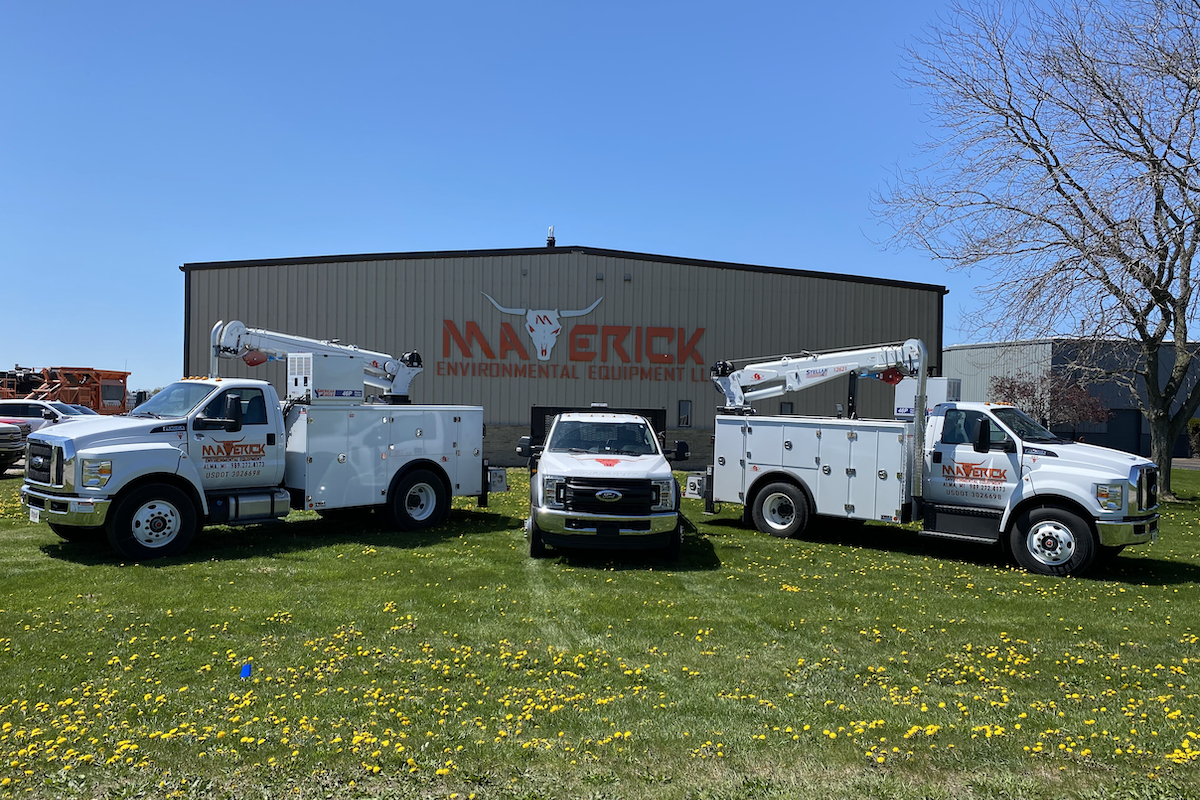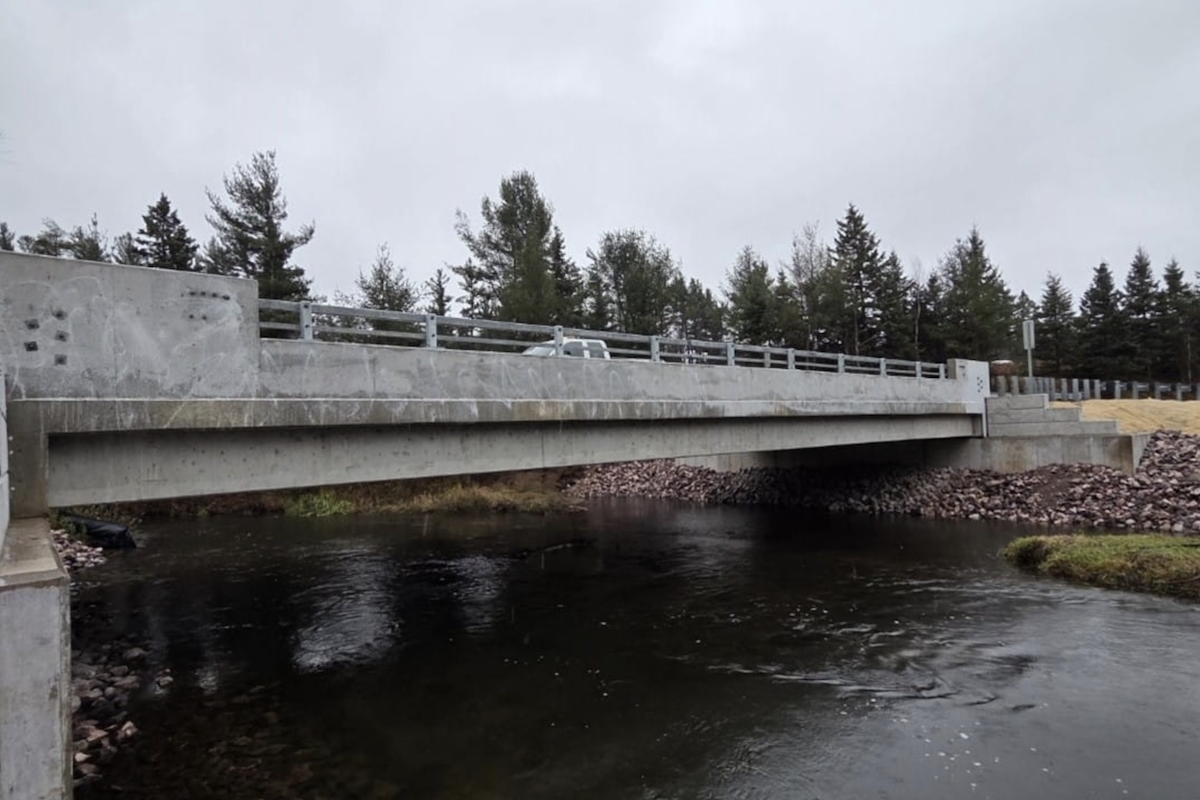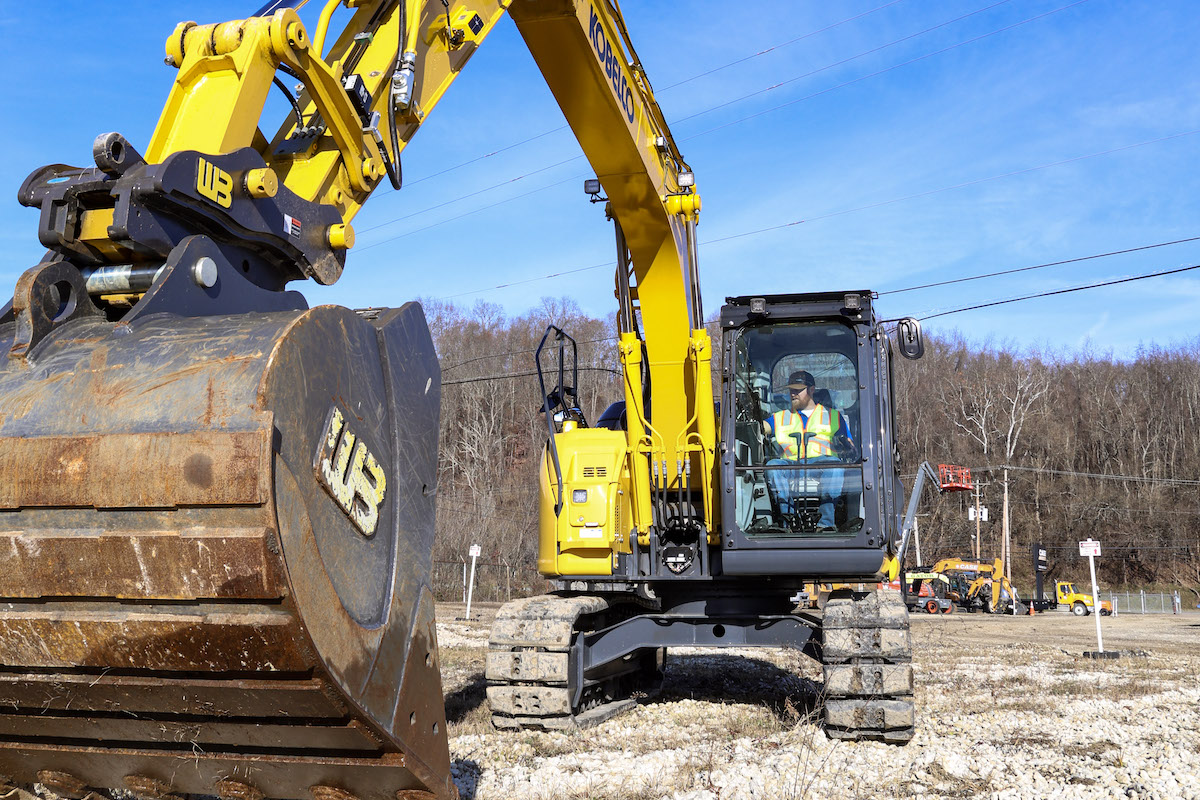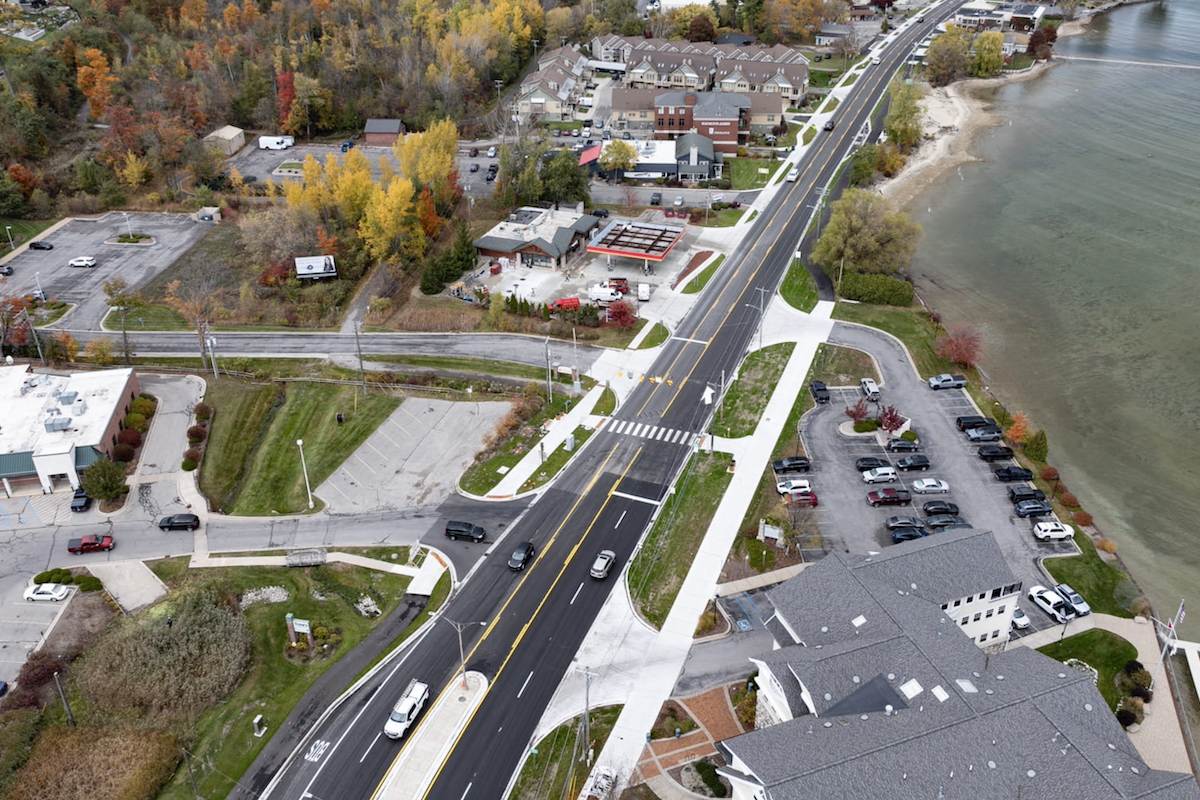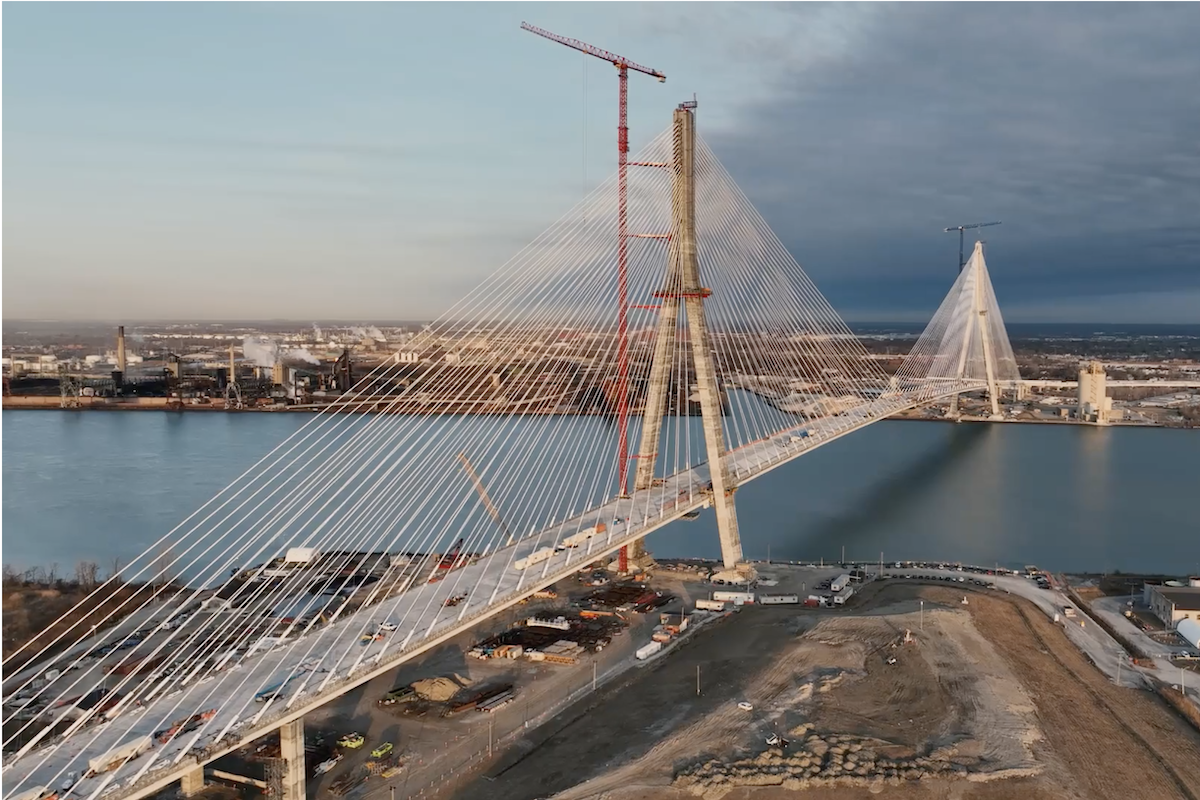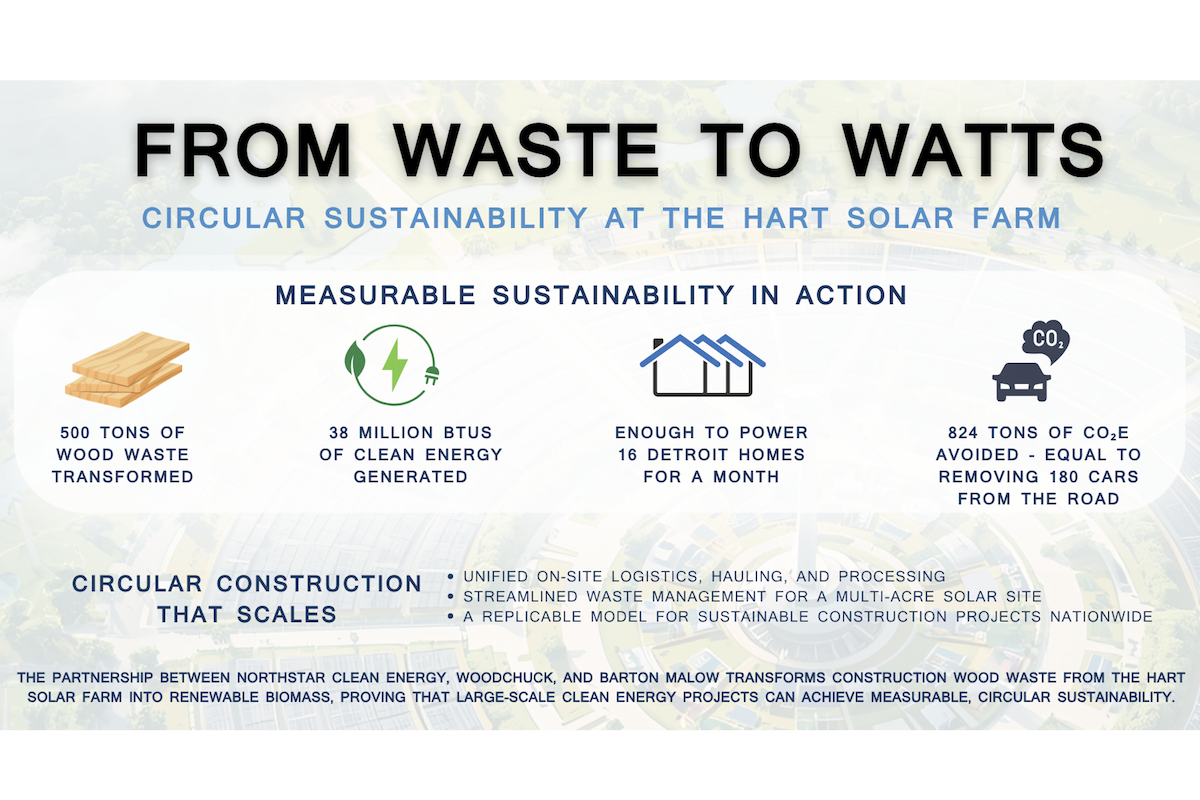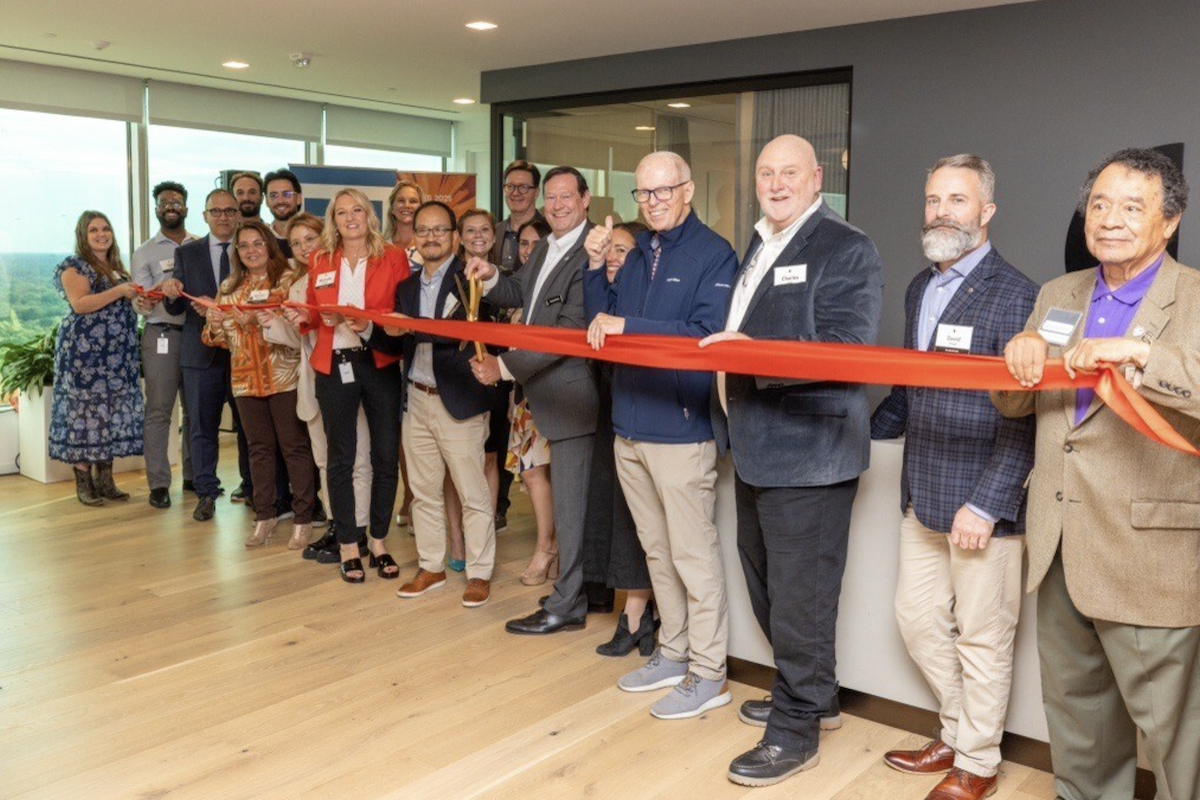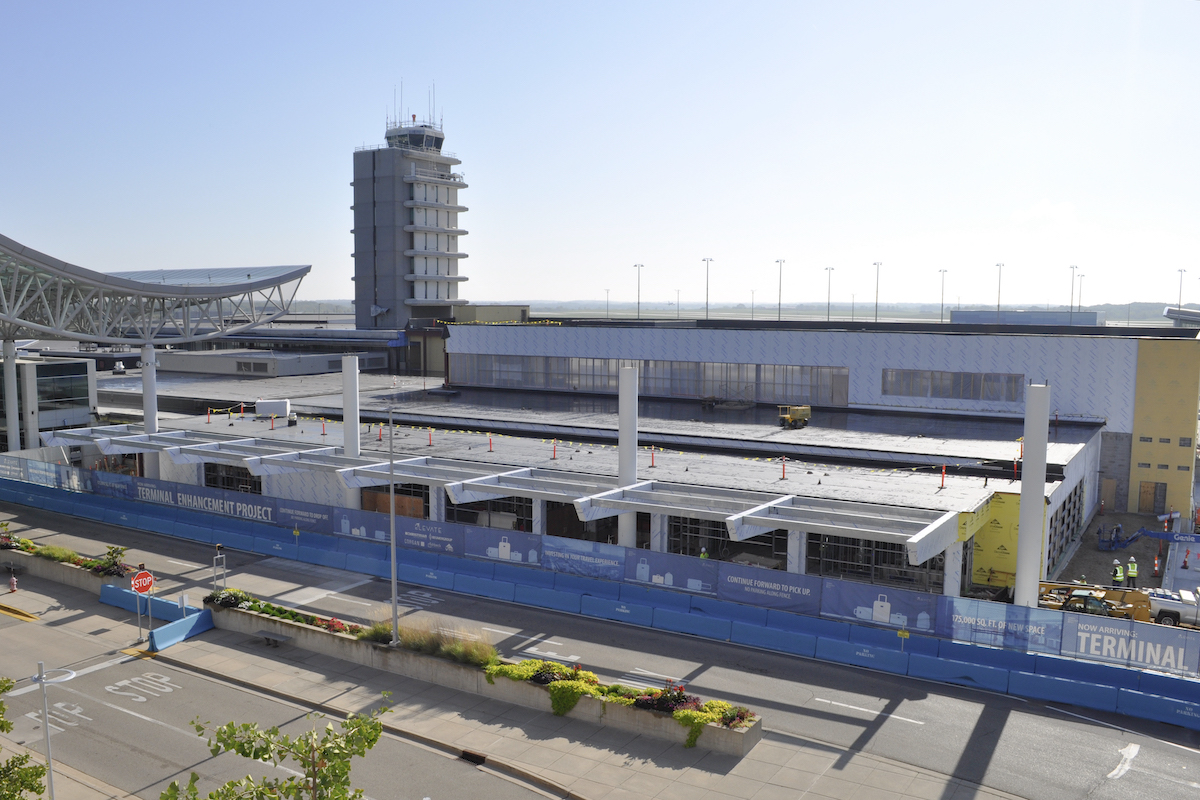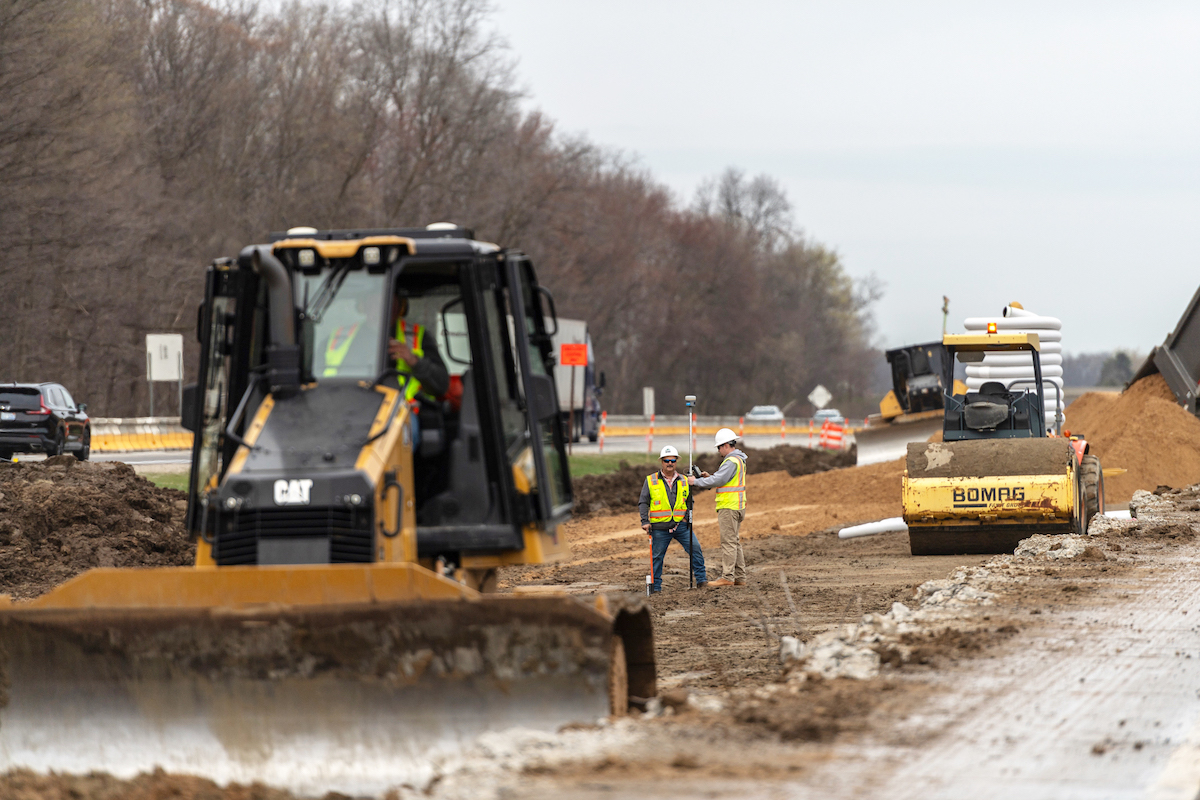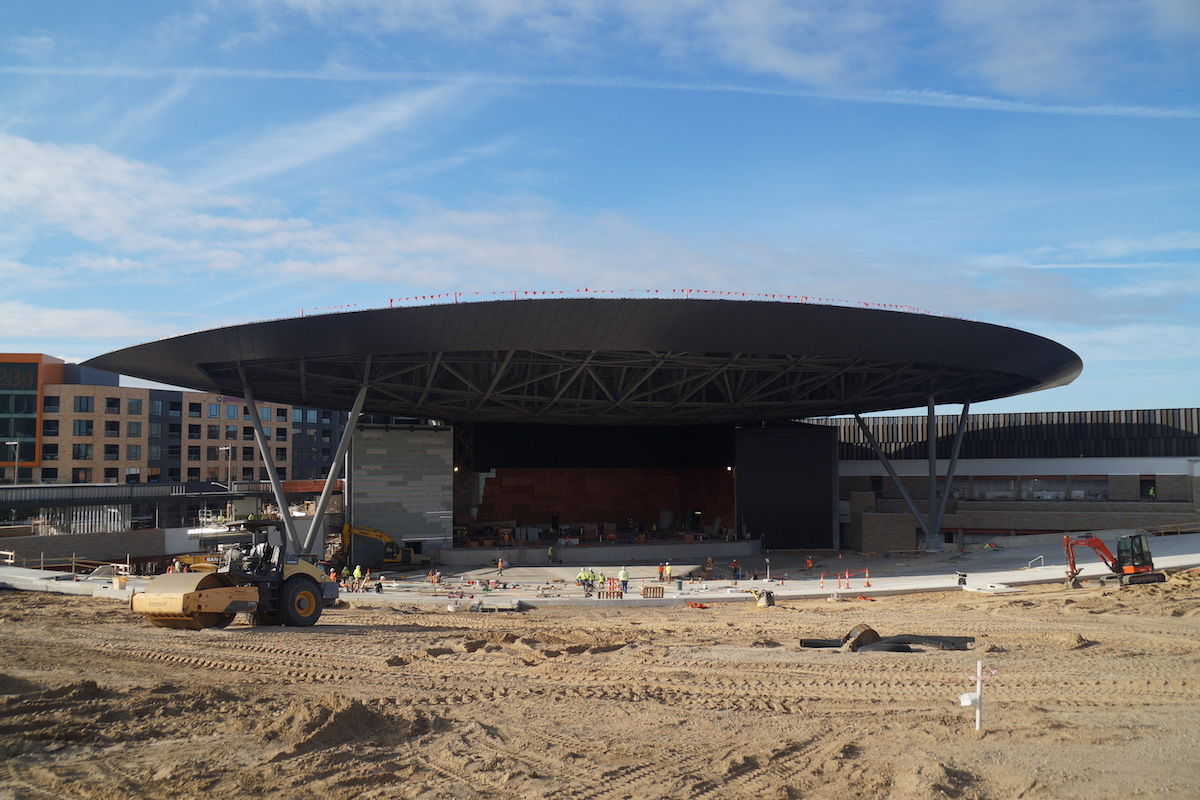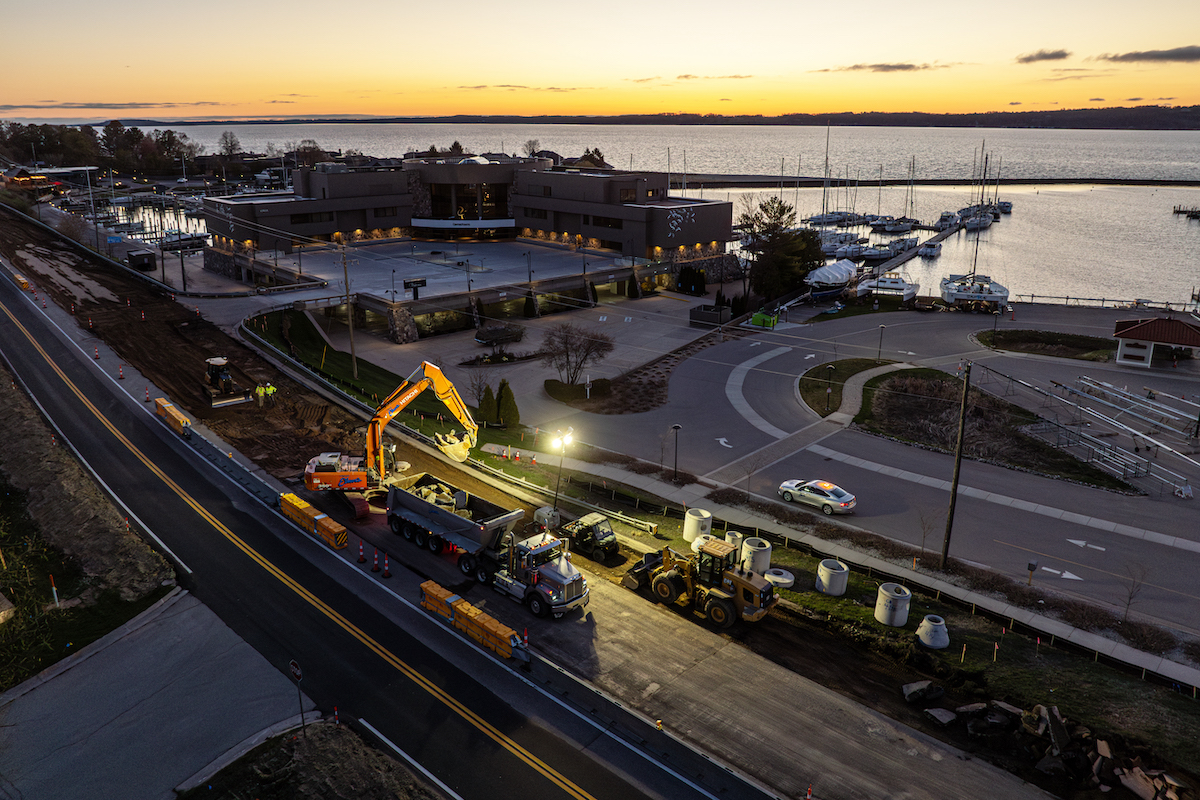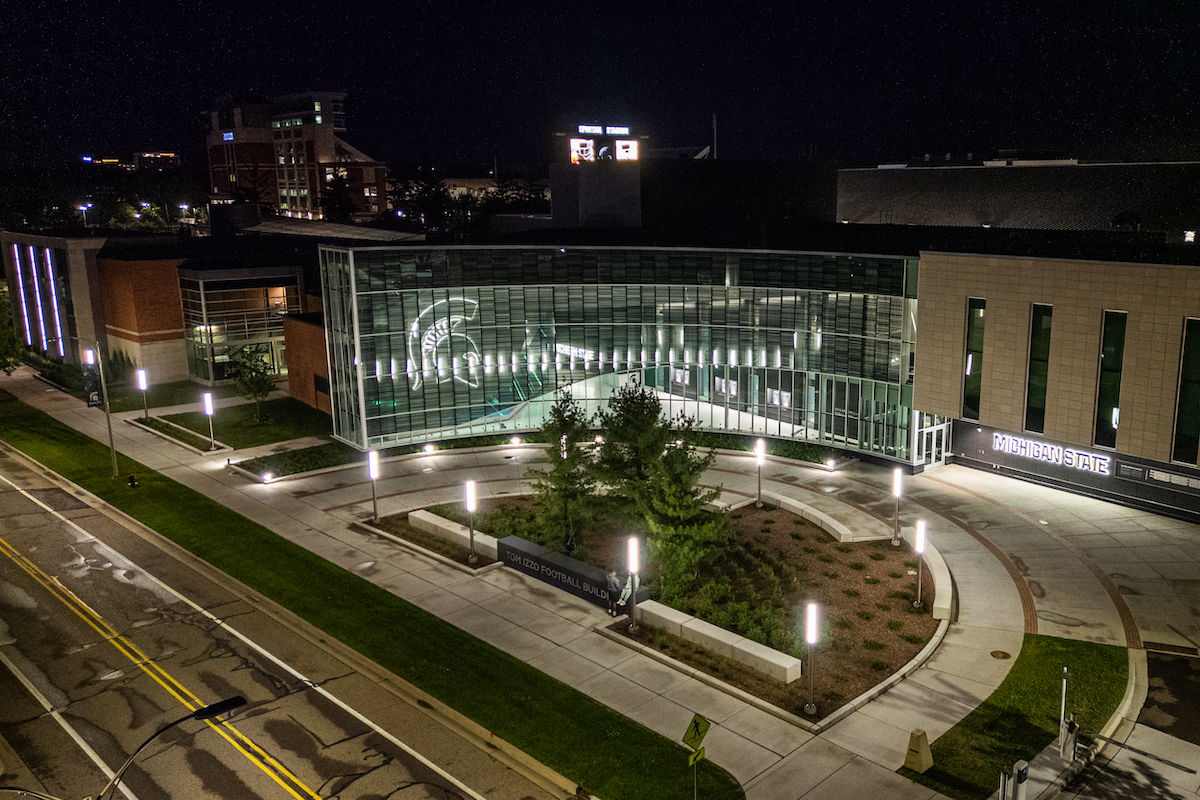“The overall project consists of six separate segments that bordered each other but had different start and end dates,” says Marc Bischoff, Public Information Officer for Caltrans - District 7.
Caltrans undertook the project to increase capacity on the freeway and interchange bridges to accommodate future traffic demands and provide a high-occupancy vehicle (HOV) lane for carpooling, he explains. When complete, the number of freeway lanes will match those at the Orange County line, with four general purpose lanes plus one HOV lane in each direction. Drivers will experience improved freeway sight distance. Neighborhoods will be quieter with the new sound walls. Crews also are constructing new drainage systems.
“The I-5 South Corridor project also includes the construction of multiple Austin Vault sand filters, which filter freeway drainage and reduce pollutants,” Bischoff reports.
Caltrans secured funding from multiple sources and the project required planning and management with multiple partners, including the Federal Highway Administration, the Los Angeles County Metropolitan Transportation Authority, Los Angeles County, the California Highway Patrol, and the six different cities along the I-5 South corridor. Bischoff called cooperation key to the corridor project’s success.

| Your local Trimble Construction Division dealer |
|---|
| SITECH Michigan |
“Existing utilities abandonment and relocation were a huge obstacle at the beginning of the project,” Bischoff says. “The team took the initiative to identify conflicts not shown on the plans, inspected utility abandonments and managed relocations. Utilities obstacles included high voltage power lines, major underground oil lines, gas lines, communication lines for cable companies, fiber optic, electrical and gas distributions, and wireless communication towers.”
Caltrans maintained at least three lanes in each direction during daylight hours.
Additionally, Caltrans met with residents and businesses to address their concerns and provide them with easy and safe access to their properties by providing temporary roads and driveways and additional privacy fencing.
At Alondra Boulevard, I-5 was widened by one HOV lane and one general purpose lane by C.C. Myers of Rancho Cordova, California. The $110 million project started in April 2012 and completed in 2015. The work included reconstructing the Alondra Boulevard Bridge, interchange modifications, and realigning and upgrading the frontage roads.
The $180 million, 2-mile-long Rosecrans Avenue/Bloomfield Avenue Bridge Project also started in 2012 and included widening the freeway, reconfiguring ramps and local streets, and reconstructing and constructing bridges. Flatiron completed the project in late 2017.

| Your local Deere & Co dealer |
|---|
| AIS Construction Equipment |
“When I-5 was originally built in the 1950s, it blocked traffic access on Bloomfield Avenue between the cities of Santa Fe Springs and Norwalk,” Bischoff says. “When we reconstructed the Bloomfield Avenue Bridge, we elevated it 25 feet to re-open Bloomfield Avenue under I-5 and reconnect the two communities.”
Security Paving Co. of Westlake Village, California, started the $323 million, 2-mile-long Imperial Highway/Pioneer Boulevard Project in 2013 and completed it in August 2019. The work included widening the freeway, constructing a new off ramp at Imperial Highway, reconstructing bridges, and realigning or constructing new frontage roads.
The $215.4 million, 2-mile-long Florence Avenue Project broke ground in 2015 and was finished by Security Paving in spring 2021. It also included freeway widening and bridge reconstruction work.
“When complete, the Valley View Avenue Bridge will be widened from four to six lanes,” Bischoff says. “Valley View Avenue has been widened at each end of the bridge to accommodate the additional lane added to each direction of the bridge, with additional turn lanes, traffic signals, decorative street lighting poles, a sidewalk, and chain link railing for pedestrian safety.”
That box bridge has cast-in-drilled-hole foundations and was constructed of a soffit, stem walls, concrete, and rebar. The girders placed over the railroad tracks are precast and prestressed concrete.

| Your local Trimble Construction Division dealer |
|---|
| SITECH Michigan |
“Reconstruction of both Coyote Creek bridges required diversion of the creek water during construction to protect wildlife,” Bischoff reports. “While reconstructing the Valley View Avenue Bridge, pre-existing contaminated water was discovered below ground. It had to be pumped into a container and the sediment allowed to settle. Then the water was removed by a specialty subcontractor.”
Shifting the frontage roads triggered major utility work, including new and improved street lighting, drainage and fire hydrants, Bischoff says. On North Firestone Boulevard, an additional turn lane was added at Valley View Avenue. South Firestone Boulevard will have ramps/bridges that connect it to both directions of Valley View Avenue via the Valley View Avenue Bridge.
Crews recycled all of the rebar from the demolished freeway lanes and bridges, Bischoff says. All concrete from the demolished freeway lanes and bridges was crushed on site and recycled as part of the base composite for the new freeway lanes.
The Valley View Avenue project required nearly 25,000 cubic yards of lean concrete base, nearly 55,000 cubic yards of new concrete pavement on the freeway, and nearly 70,000 tons of asphalt on city streets and the freeway.
“Since the pandemic, supply chain issues have created periodic shortages of construction materials,” Bischoff says, “COVID-19 created periodic contractor worker shortages. These issues were addressed through successful management and coordination of rescheduling with the contractors.”

| Your local Trimble Construction Division dealer |
|---|
| SITECH Michigan |
Drones were used to photograph and film progress, and surveyors used GPS. Construction is projected to finish by the end of this summer.
“We worked closely and coordinated successfully with the government agencies and engineering departments of six major cities to integrate interchange reconstruction with each of their communities and minimize impact to our constituents,” Bischoff concludes.
Photos courtesy of Caltrans



















